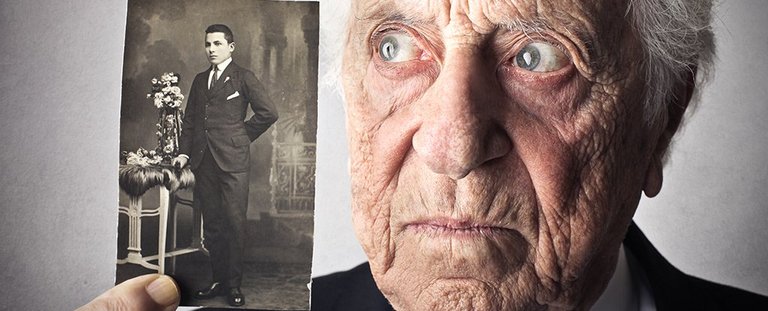Global life expectancy rates continue to rise, which poses the question: will the trend ever stop? New research reports there's no sign of a fixed age limit for the human body, with human beings set to keep living longer and longer.
That's based on a study of the lifespans of the longest-living individuals from the US, the UK, France and Japan for every year since 1968 – including Susannah Mushatt Jones, who died in New York in 2016 at the grand old age of 116.
The new paper, written by a team from McGill University in Canada, is partly a response to an analysis published last year that suggested there was a natural limit to the human lifespan, even if we might find ways to break through it.
"We just don't know what the age limit might be," says one of the researchers, biologist Siegfried Hekimi. "In fact, by extending trend lines, we can show that maximum and average lifespans could continue to increase far into the foreseeable future."
Hekimi and his colleague Bryan G. Hughes argue that the age limit plateau spotted by last year's research – levelling off around 115 years old – could be a temporary one, and that similar plateaus and drops have been recorded in the past, even as the overall trend carries on upwards.
If the same number crunching method had been applied in 1980, they say, it would have shown a plateau of 111 years or so. In other words, even though this type of statistical analysis suggests a levelling off, the top figure continues to rise.
It's all to do with how the numbers are interpreted, and don't forget these researchers are dealing with the outliers in the statistics – not many of us live to 111 or 115.
Hekimi thinks it's possible that humans could live to 150 years or beyond one day, perhaps with new breakthroughs in science or medical treatments to help us along.
As Ryan F. Mandelbaum reports at Gizmodo, the McGill University researchers aren't the only ones arguing over the way these numbers are interpreted.
Some experts suggest not enough data was used to reach a conclusion, while others say the biological evidence that we're all living longer outweighs the statistics.
For their part, the researchers behind the 2016 study have largely welcomed the debate, and say most of their findings still stand.
"I can never rule out that we'll see this ceiling broken," one of those researchers, Jan Vijg from the Albert Einstein College of Medicine, told Gizmodo. "Maybe we can be successful in generating new drugs that work against diseases. Work against the aging process overall deserves way more publicity."
What seems clear is that average life expectancy continues to rise as wealth grows and medical treatments improve. Whether or not there's a biological barrier that we're going to come up against remains to be seen.
So far no one has beaten French woman Jeanne Calment in the age stakes, who lived to be 122 years and 164 days old. The oldest person currently living, Violet Brown of Jamaica, has another four years to go to set a new record.
"Three hundred years ago, many people lived only short lives," says Hekimi. "If we would have told them that one day most humans might live up to 100, they would have said we were crazy."
The findings have been published in Nature.
Hi! I am a robot. I just upvoted you! I found similar content that readers might be interested in:
http://board.dailyflix.net/topic/154151-humans-show-no-sign-of-a-maximum-age-limit-says-new-study/
Crazy, I don't know if I would want to live much longer than 90. At some point, quality of life starts to decrease greatly.
well, maybe. at some point i agree. This quality of life decrease only on mindset. And quality of body decreasing, but if science can breake gens its only choice
FOLLOW ME AND I FOLLOW YOU
good,done
Not indicating that the content you copy/paste is not your original work could be seen as plagiarism.
Some tips to share content and add value:
Repeated plagiarized posts are considered spam. Spam is discouraged by the community, and may result in action from the cheetah bot.
Creative Commons: If you are posting content under a Creative Commons license, please attribute and link according to the specific license. If you are posting content under CC0 or Public Domain please consider noting that at the end of your post.
If you are actually the original author, please do reply to let us know!
Thank You!